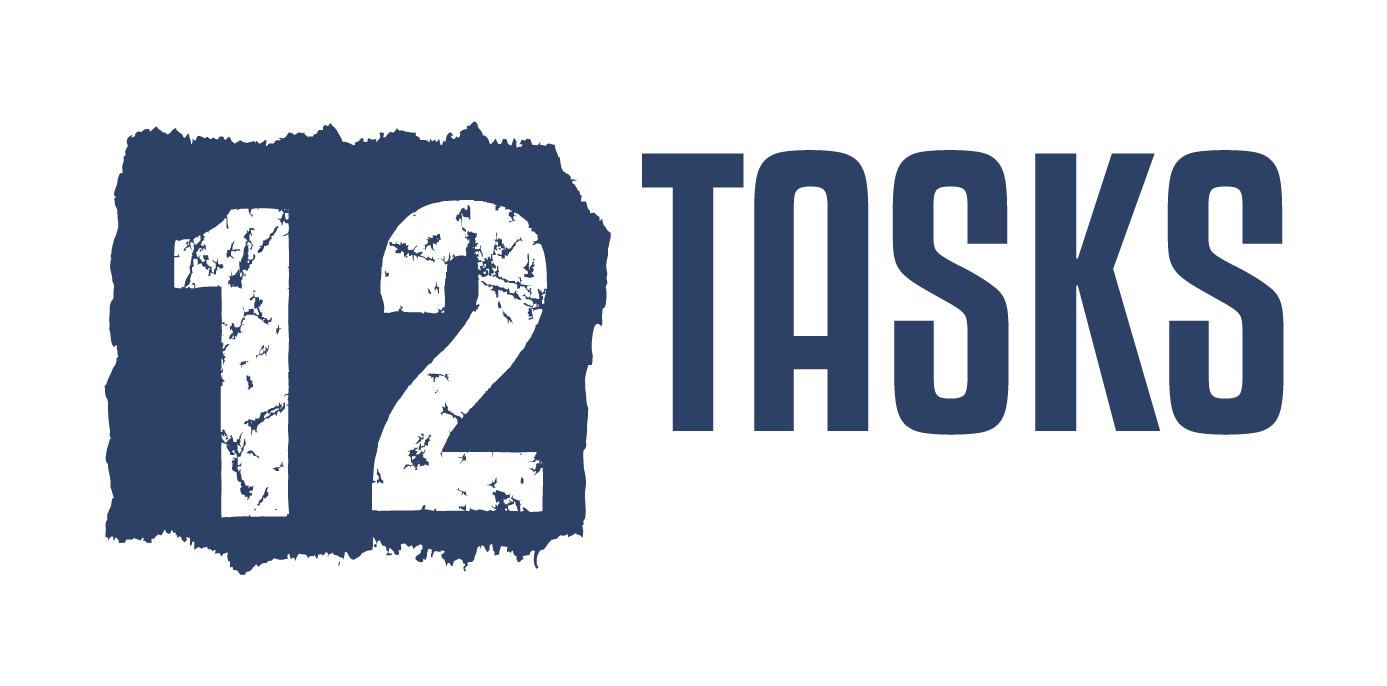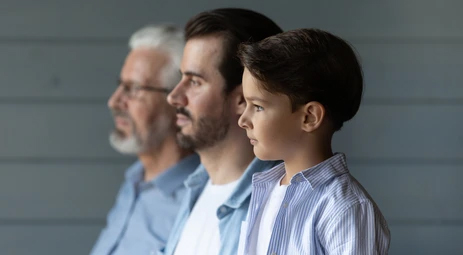With the onslaught of social media, television and our education system, it seems like an overwhelming task for parents to have any influence on the upcoming generations. It seems that this is not a new phenomenon.
In Psalm 78 Asaph says “I will utter hidden things, things from of old-things we have heard and known, things our ancestors have told us. We will not hide them for their descendants; we will tell the next generation the praiseworthy deeds of the LORD, his power, and the wonders he has done.” Throughout the entire Psalm we see this theme. “He commanded our ancestors to teach their children, so the next generation would know them, even the children yet to be born, and they in turn would tell their children.”
The American Psychological Association supports the importance of adult figures in a child’s life by saying, “Parents and caregivers make sure children are healthy and safe, equip them with the skills and resources to succeed as adults, and transmit basic cultural values to them. Parents and caregivers offer their children love, acceptance, appreciation, encouragement, and guidance. They provide the most intimate context for the nurturing and protection of children as they develop their personalities and identities and also as they mature physically, cognitively, emotionally, and socially.” We would also add, “spiritually” to this mix.
Wisdom tells us that we don’t wait until our children are in trouble before we try to build a strong trust relationship with them. We know adolescence is coming long before it arrives. With economic pressures and career pressures it is easy to put off the investment we need to make in our growing children. 12 Tasks is designed to help you with an important tool in this investment.
In regard to adolescence the APA adds, “As children reach adolescence, parents and caregivers face a whole new set of tasks that require new approaches to deal with the changing needs of children. Children are changing on a physical as well as cognitive and social basis. Parents and caregivers must prepare for the upcoming changes in the parent-child relationship; teens will begin to detach to a greater degree from existing family bonds and focus more on their peers and the outside world. This quest for greater independence and autonomy is a natural part of the developmental process in adolescence. Parents and caregivers must find the delicate balance between maintaining the familial bond and allowing teens increasing autonomy as they mature. Teenagers who feel connected to yet not constrained by their families tend to flourish. Research has found that parents and caregivers that maintain a warm, communicative and reasoned style of parenting raise teenagers who have higher rates of socially competent behavior, take fewer drugs, and exhibit less anxiety or depression.”
Part of the important role in 12 Tasks involves the conversations along the way. Your openness, sensitive vulnerability, authenticity, and candor on current topics are essential to help your child with confidence as they face peers and other authorities who might have alternate perspectives or values. My conversations with my children did not stop when 12 Tasks was complete. We had used the one year rite of passage to establish stronger bonds that carried us through what was ahead.
As Richard has done with his sons, it is important that this value of a rite of passage is passed on to the next generation after us and the one after that so strong family ties will continue. We are looking toward the long view of health and strength for our families.
Finding a few other families with similar values to engage with you during your 12 Tasks journey can provide a resilience to navigate some of the more challenging rapids along the way. Reach out with your questions. We are here to help you through.

